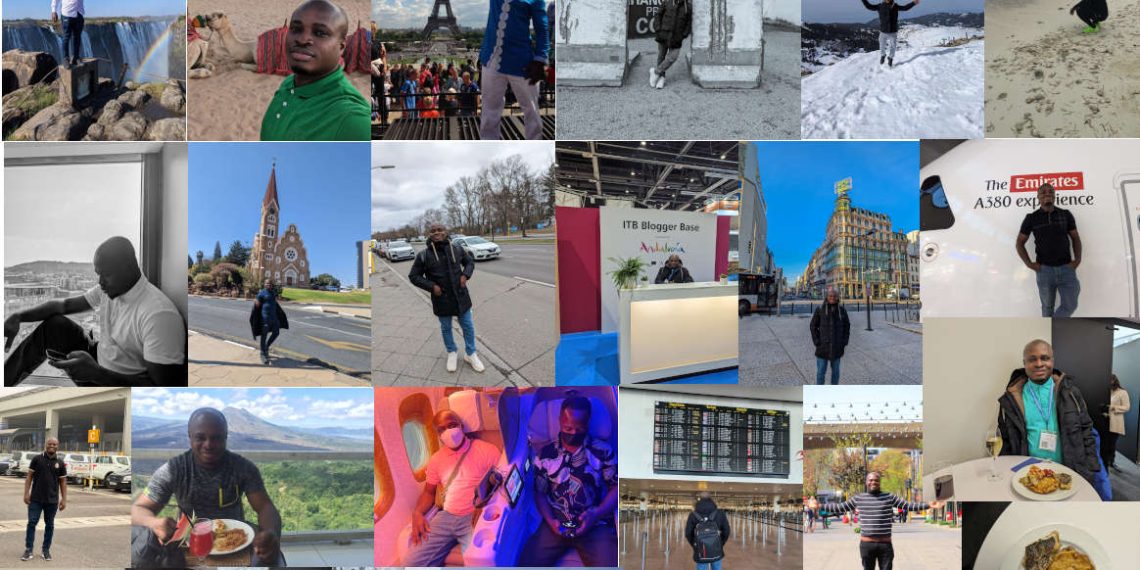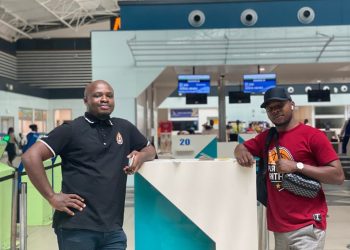In many parts of Africa, including Ghana, the ancient tradition of puberty rites remains a deeply ingrained cultural practice. Celebrated as a passage into womanhood, these rituals are often held amidst grandeur and ceremony. Among Ghana’s diverse ethnic groups, the Krobo people observe the Dipo, while the Akan people conduct the Bragoro. However, the tradition has come under scrutiny, drawing concerns from human rights advocates and activists who argue that it can have detrimental effects on the girls involved.
Psychological Impact
One of the primary criticisms of puberty rites is the potential long-term psychological impact they can have on the girls who undergo them. Some mental health experts assert that the experience of being semi-nude and paraded through the community, often against their own will, can leave lasting scars on the girls’ psyche. The humiliation and loss of personal agency during these events can affect their self-esteem and confidence.
Entitlement and Abuse
Critics also argue that these rites, which involve partially exposing girls to the community, can foster a sense of entitlement among the male youth. When young girls are paraded half-naked, it may inadvertently create a harmful atmosphere where the male youth see these girls as objects of desire. This, in turn, could lead to an increase in sexual abuse and harassment, as the girls may become more vulnerable to unwanted advances.
Educational Impact
Puberty rites can negatively impact the confidence and educational performance of adolescent girls. After experiencing the ritual, many young girls may struggle with self-confidence issues, making it challenging to excel in academics. The trauma they endure from public exposure can be detrimental to their academic progress, threatening their educational journey.
While puberty rites hold a significant place in the cultural tapestry of Ghana, it’s essential to acknowledge the disadvantages associated with these practices, especially in terms of their psychological, social, and educational impacts on the girls involved. These concerns have sparked conversations about the need for change, even within the framework of cultural traditions. Balancing the preservation of cultural heritage with the protection of individual rights and well-being remains a challenge that Ghana and its people must address.
Still have some travel questions? Ask in our Travel WhatsApp Group.








